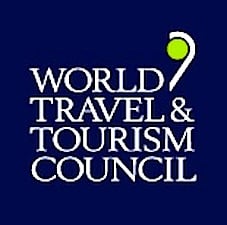
The World Travel and Tourism Council (WTTC) has published new guidelines to help holiday destinations become more resilient and sustainable.

Its new report – launched at the WTTC’s sustainability and investment forum in San Juan, Puerto Rico – sets out practical and structured insights for destinations. The report notes that no tourism destination has been untouched by the impact of the Covid crisis; while some destinations have also been hit by other major shocks such as extreme weather.
The report provides five elements destinations should focus on to build both resilience and long-term sustainability. These are environment, infrastructure, energy, economic, and societal resilience.
It also offers four phases to analyse a shock and its aftermath; namely ‘understand the risk’, ‘prepare for shocks’, ‘respond to shock’, and ‘longer term strategies’.
The WTTC report presents case studies illustrating how destinations which rely heavily on tourism – whether they are cities or islands, deserts or tropics – apply resilience awareness.
Puerto Rico is one of the destinations featured as a case study, highlighting the string of environmental crises and economic challenges that have made resilience a cornerstone of its tourism strategy.
“Covid has had a devastating impact, decimating the Travel & Tourism sector around the world. But it’s certainly not the first shock to bring chaos to destinations and their citizens,” said WTTC president and chief executive Julia Simpson.
“This report allows destinations to understand how to better prepare, act, and plan for future risks, strengthening their resilience and long-term sustainability,” she said.
“The pandemic has taught us you can never be prepared enough. Destinations have learnt not only from their own experiences, and those of other countries as they recover and build back. Puerto Rico is an example of a destination that learned through Covid and natural disasters to become more inherently resilient,” Ms Simpson said.




